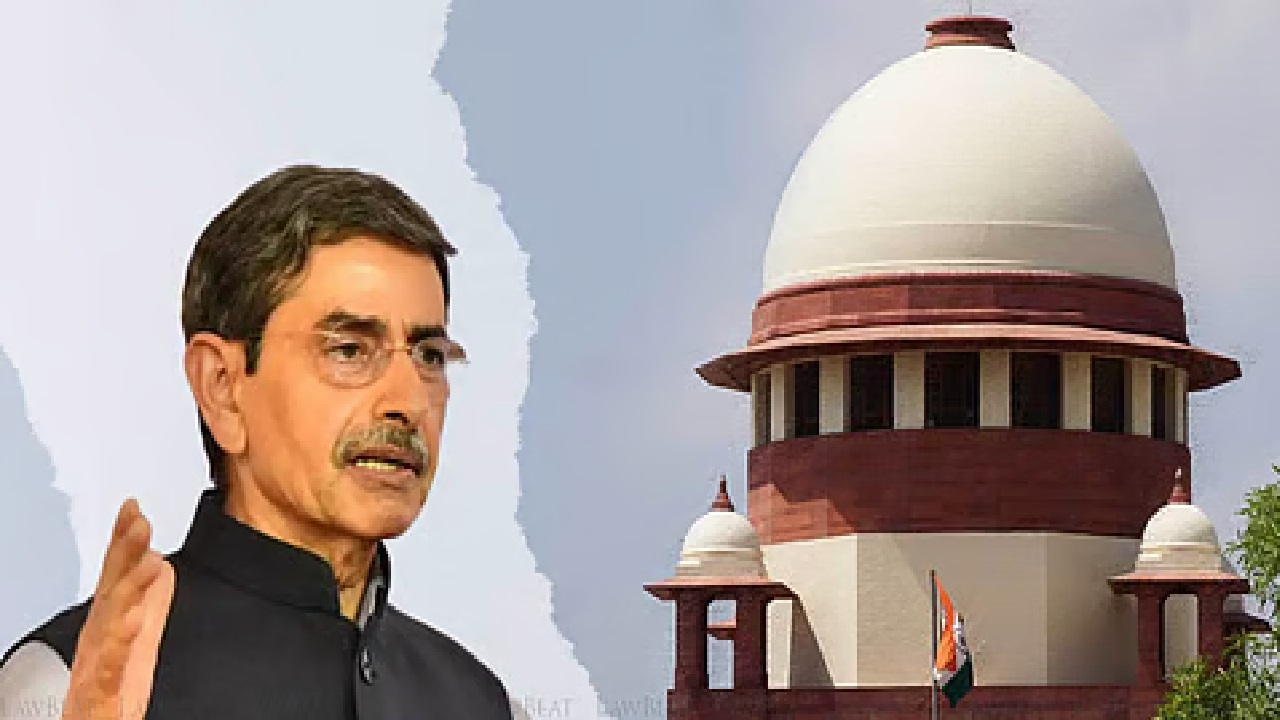Waqf Amendment Act and Its Implementation
The recently passed Waqf (Amendment) Act, ratified by both Houses of Parliament and signed into law by President Droupadi Murmu on April 5, is fast becoming a flashpoint between the Centre and states, especially West Bengal. Intended to bring increased transparency and regulation to Waqf properties across India, the amendment has faced strong opposition in several regions—most vocally from West Bengal Chief Minister Mamata Banerjee.
Speaking at an event organised by the Jain community in Kolkata, Banerjee categorically stated that the Act “will not be implemented in Bengal,” reaffirming her government’s commitment to protect the interests of the state’s minority population, which forms over 33% of the total. The Chief Minister’s refusal has now set the stage for a potential federal clash, with implications for law and order, minority relations, and the constitutional balance of power.
Waqf Act Protests Escalate in Bengal
The implementation of the Act has already triggered unrest in Murshidabad, a border district adjacent to Bangladesh. What began as protests turned into violent clashes, with incidents of stone-pelting, police vehicles torched, and internet services suspended to prevent further flare-ups.
While Mamata Banerjee called for peace, urging citizens to not be misled by political provocation, opposition leaders painted a different picture. Suvendu Adhikari, Leader of the Opposition, accused the Trinamool Congress of shielding anti-social elements for vote bank politics. Sharing footage of the violence, he appealed for central intervention, alleging that the state police was ineffective and compromised.
The BJP, too, has entered the fray. Party IT cell head Amit Malviya slammed Banerjee for “silencing dissent” and “shutting down the internet” to prevent news from spreading. He pointed out the CM’s selective responses to violence depending on political convenience.
Why Bengal Opposes the Waqf Act
At the core of the resistance lies a fear of alienation among minorities. Banerjee’s argument is simple but powerful: legislation that affects religious trusts must be handled delicately, especially in a state with a complex socio-religious fabric. She believes the Act was passed “hastily” and without proper consensus, potentially worsening communal tensions in border districts and beyond.
Her rhetoric blends politics with empathy. “Should we throw them [minorities] out?” she asked rhetorically during her speech. “Bengal, Bangladesh, Pakistan and India were once together. Partition happened later. It’s our job to protect those who are living here.”
Banerjee’s broader message was one of unity and religious inclusiveness, emphasizing her commitment to visit and respect places of all faiths—from Jain temples to Ajmer Sharif.
States Objecting to the Amendment
While Bengal has been the loudest voice against the Waqf Amendment Act, murmurs of discontent have also emerged from Telangana, Kerala, and parts of Tamil Nadu, where minority communities play a significant role in the socio-political landscape. These states have hinted at taking a cautious approach to the law’s implementation, fearing social backlash and unrest.
What Can the Centre Do If States Refuse?
Legally, the Waqf Amendment Act falls under the Concurrent List, meaning both the Centre and the states have jurisdiction. However, once passed by Parliament and signed by the President, the law must be implemented by the states. If a state refuses, the Centre can:
· Seek judicial intervention, possibly escalating the issue to the Supreme Court.
· Invoke Article 256 of the Constitution, which allows the Centre to direct a state to implement laws made by Parliament.
· In extreme cases, cut federal funding or suspend certain administrative operations, though such steps would likely deepen the political crisis.
However, the Centre must tread carefully—overreach could backfire politically and exacerbate communal tensions.
Finding a Federal Balance
The standoff between West Bengal and the Centre over the Waqf (Amendment) Act is more than a legal dispute—it is a reflection of the fragile balance between national policy and regional sentiment. Mamata Banerjee’s defiance is part resistance, part political posturing, but it also underscores the need for inclusive policymaking in a diverse country.
To defuse tensions, the Centre may need to initiate dialogue with dissenting states, clarify concerns around property rights, and ensure that reforms are seen as equitable rather than exclusionary. Without this bridge-building, laws intended for transparency might inadvertently fuel distrust.
In a democracy as plural as India’s, consensus matters as much as compliance.
(With inputs from agencies)








